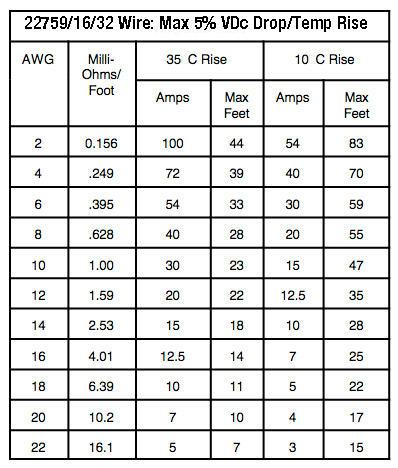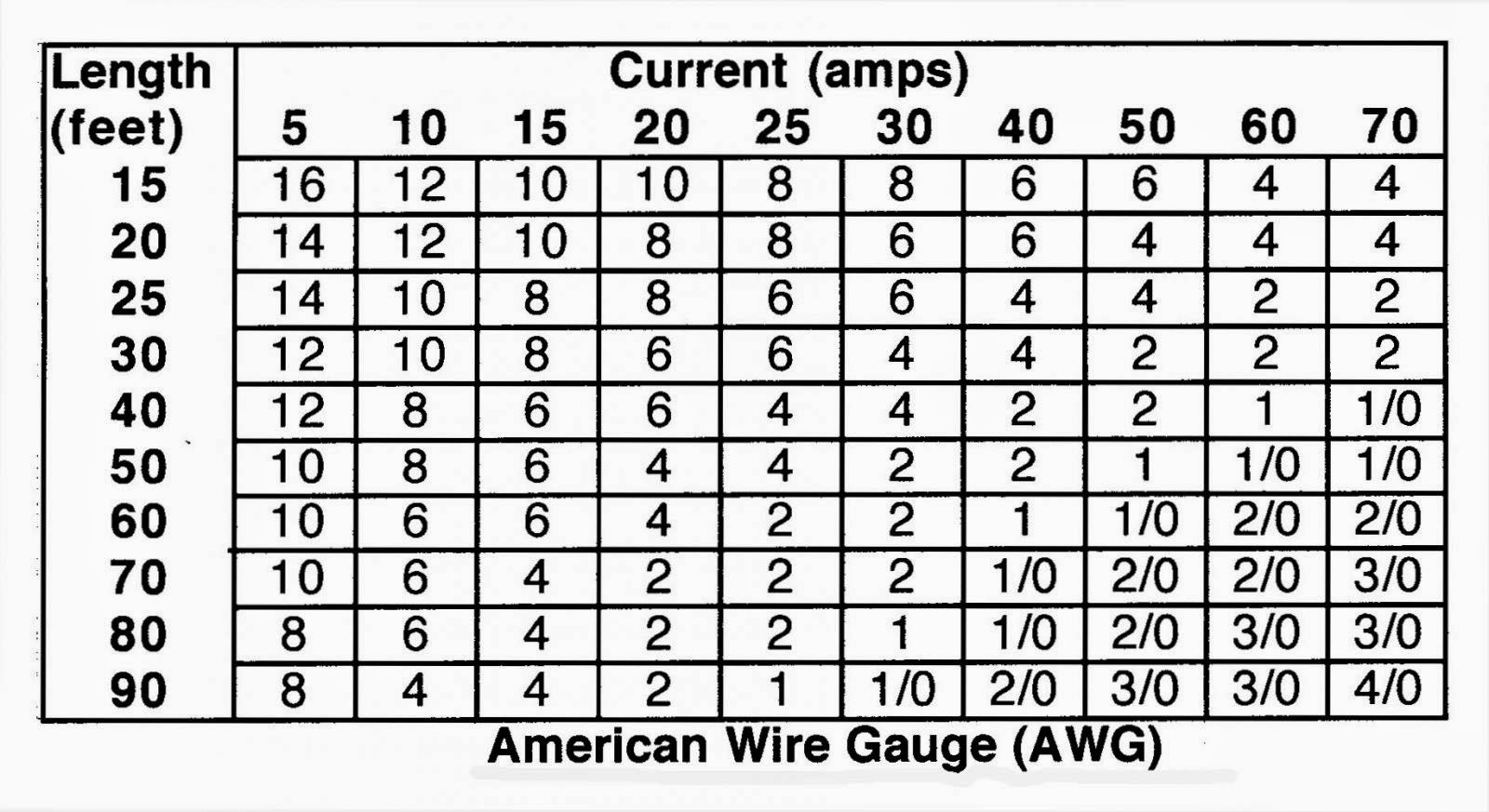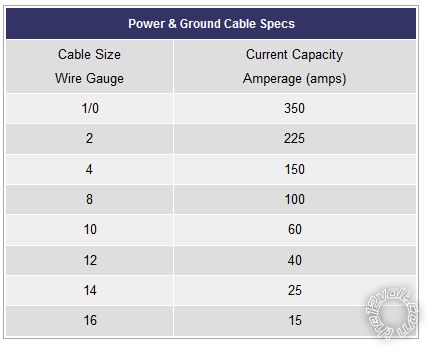

Look for 400-amp service for the best results. Additionally, it would be better if you could afford one that is 20-feet long, just in case you can’t park the cars bumper to bumper. However, it’s still best to have a 4-gauge jumper cable. Whether you have a Mazda3 or Kia Forte, you want a 6-gauge 10-foot jumper cable that provides 200 amps. Most compact cars will start with a 6-gauge jumper cable. Best Size Jumper Cables by Vehicle Type 1. In some cases, you may even require something larger, such as 600 amps or more. However, it’s generally not recommended to use cables that are rated lower than 400 amps. There are some cases when 200 amps will supply enough power. If you have a smaller car, you won’t need the same level of amperage as a large truck or full-size SUV does. AmperageĪmperage shows the current the car engine pulls when it is trying to get started. Instead, you want to look at the high-end options for more conductive materials. Low-cost, bargain-friendly jumper cables are not going to have solid copper clamps. If you order online, be sure to read through the customer reviews and questions.Īdditionally, the price can be a good indicator of the materials used. You will need to read the product description from the manufacturer to figure out what materials are used. It’s not always easy to tell if the jumper cables are made from solid copper. Even if you scratch the clamps from repeated use, they should continue conducting electricity so you aren’t left stranded. If you choose the copper clamps instead, you receive a more dependable jump. As the plating continues to wear, you may notice difficulty starting the car. Cables that only have copper-plated clamps will not work as well.Īfter a few uses, the plating can start to wear off, and when this happens, the connection won’t be solid, mainly because steel is used as a base below the plating and this metal isn’t as conductive. The copper clamps help conduct electricity better. However, not all of the clamps are made from copper. Both of the clamps typically resemble the appearance of copper. This is the point of contact for the electricity moving between the two batteries. The clamps that attach to the battery are responsible for making a solid connection. Of course, you will need to pay significantly more based on how much insulation is included. While you can choose a cheap pair of jumper cables to get the job done, an insulated set is a much better investment. When the cable wears, you are at risk of an arc occurring, which could shock you or the car. Insulation also helps to prevent wear on the cable. Otherwise, you could easily break the wire when you get the cables out. If you live in a colder climate, you want to have a well-insulated set of cables. However, there’s also the aspect of insulation to consider. The majority of the thickness of the jumper cables is due to the gauge of wire. That’s because more current can move in the gauge, which is why the 4-gauge is recommended in most situations. Allow yourself some flexibility by grabbing a longer set.Īs the cables get longer, the gauge often gets lower. The 10-foot jumper cable is going to be long enough when the two vehicles are able to face one another, but that’s not always going to be possible.

You aren’t always going to be in a convenient location when your car battery dies, so it’s important to have enough cable length for flexibility.

While the gauge of the wire is important, you must also think about the length.

Additional Jumper Cable Buying Considerations 1. That’s why the 6-gauge or 4-gauge cable is recommended – because it fits most needs and situations. With a 10-gauge jumper cable, you would be able to start a drained battery in mild temperatures, but it’s not going to get dead batteries going. Based on the scale, the 1 gauge is a heavy-duty model, while the 12 is a light-duty option. Jumper cables range from 1 gauge to 12 gauge. Thinner gauges cost less, but you might not get enough to power the battery. Thick cables can carry more electricity, allowing you to jump larger engines. Sources: What is the Best Gauge for Jumper Cables?Ī 6-gauge or 4-gauge set of jumper cables will be enough for most vehicles.


 0 kommentar(er)
0 kommentar(er)
